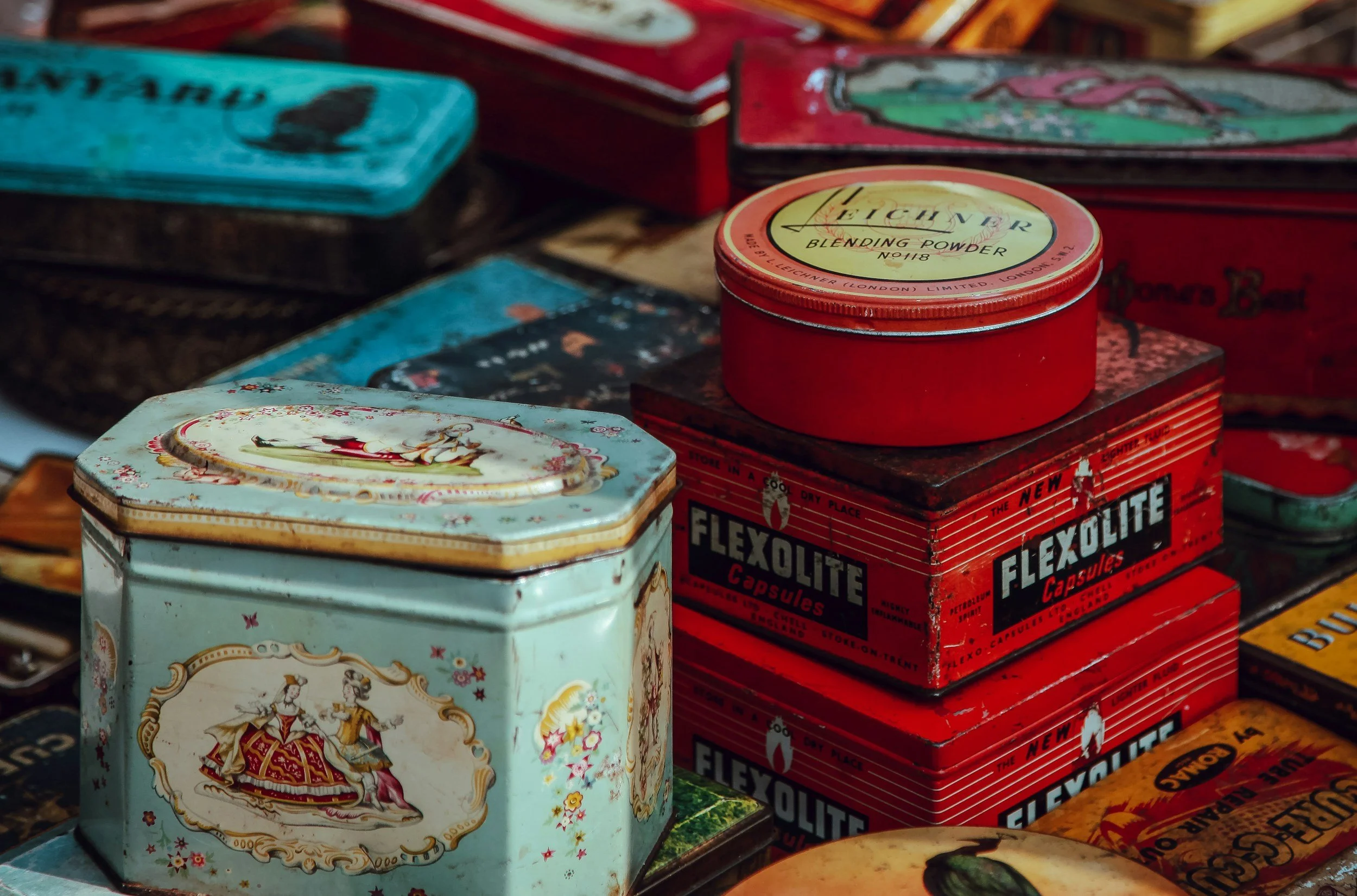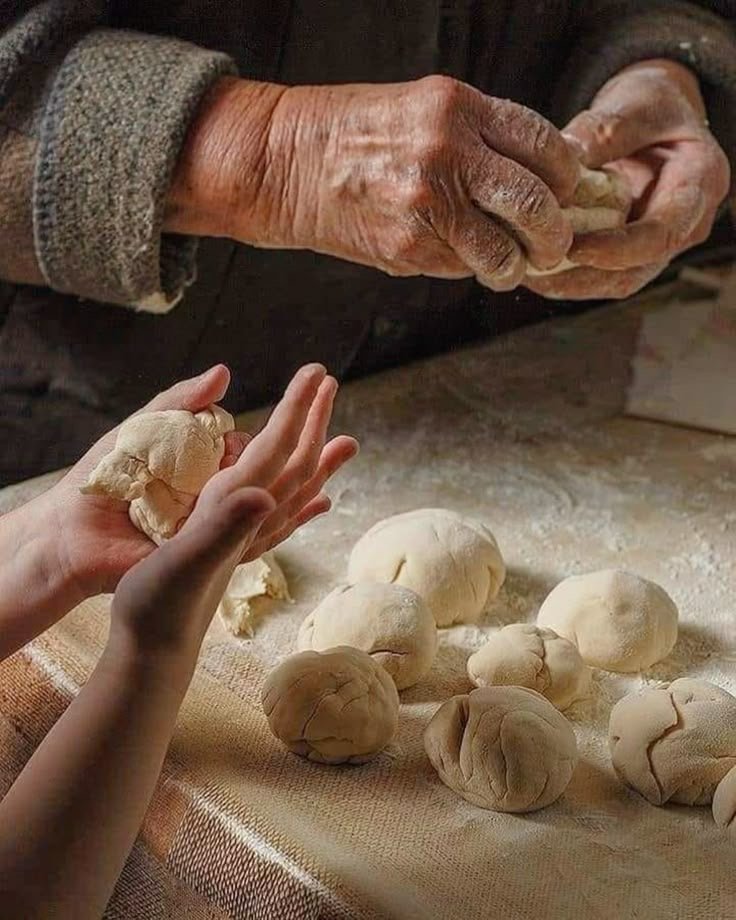Maiden, Mother, Crone
My dear friend is a crone. Not an ugly, withered woman. No, she entered cronehood with ample wisdom, dignity, and poise. She entered cronehood with a croning, a sacred, near metaphysical ritual where a small group of women honor the crone and her journey. “But it’s also very much about sharing your knowledge and wisdom with other women,” the invite read.
All of this is foreign to me; I am intimidated but embrace the experience with both hands, trusting my friend and her friends by extension. I gather in a circle with those women, just a few of us, some also crones, others not. I’m not. We will each read a written word and offer a small object to an altar, the object meant to symbolize our place in life’s path.
I’m stranded in the middle portion of a woman’s sacred pilgrimage: Maiden, Mother, Crone. I am a mother—my children are young and demanding, and I am tired and floundering.
They say the crone is the wisest of the three, the maiden representative of new beginnings and youth, and the mother is the full moon: ripe, stable, powerful. Which is to say, I’m definitely doing something wrong.
*
Before having a baby, most first-time mothers research childbirth—if they haven’t already. And even if they haven’t, it’s fine; because all women encounter the technical side of becoming a mother at some point. From maturation lessons at twelve years old to the first period to lectures on avoiding sex “until it’s right” to having sex when it’s not right to having sex when it is to feeling a baby through internal rotation, extension, external rotation, and expulsion to the second baby or to the third to no more babies to menopause—something about childbirth wiggles its way into the psyche of women. I haven’t experienced the entirety of motherhood nor womanhood, but I did have a baby.
The nurse asked me if I wanted a family-centered c-section. This, I learned, is when the drape that separates your upper torso from the lower cut-open part of you is clear, letting you witness your baby’s birth...and also your own guts spilling onto sterile sheets.
We did not do a family-centered c-section.
During the surgery, I could feel the pressure, pushing, and tearing, but no pain. A cry. “That’s our son,” my husband said. A nurse called for dad, he left and came back holding our swaddled baby in his hands.
Five years later, our son wails, begging for Minecraft on the computer because playing the same game on the Xbox is no longer adequate. He screams when I tell him no, calls me a “stupid mama.” He once yelled, “if you don’t do this, you won’t be the best mom in the world anymore!” He cries and cries, and I ignore him. Ignore, ignore, ignore, until I blink and demand, “go to your room if you’re gonna cry,” pretending I never told him that crying is okay.
They spilled my guts for this?
The croning included a brief meditation, run by another woman yet to reach cronehood, though older than I, further along in motherhood, too. “Who do you imagine yourself to be?” she asked, “What is the woman you wish to be? She exists. She’s there. She tells you she loves you.”
Hokey, is the word I may have used once, but instead I cry. I imagine a woman that is present, fulfilled. A woman that doesn’t throw dirty pots into a sink of bubby water too forcefully, suds splashing out to cover floors. A woman that doesn’t release a growl of frustration that somehow verges on a screech when her two year old daughter slips in the mess and begins to cry. A woman who tends to the child instead of wailing, “I told you to stay out of the kitchen!” A woman who isn’t breaking, isn’t broken.
“She exists,” the guide says. “Where? How can I find her?” I lament silently, tears streaming down my cheeks. A fool.
*
Motherhood is a feat some are never afforded, one I was barely allowed. I can’t forget. The double line, the celebration, the loss. The double line, the celebration, the loss, The double line, the secret, the loss. The double line, the apprehension, the midnight trip to the ER, the husband saying, “no, not again,” the doctor apologizing, the loss.
Loss, loss, loss, loss, son.
And now he’s five, picking at my last nerve, refusing to sleep in his own bed, spilling red fruit punch on the carpet “because it’s funny,” throwing garbage and left over food on the floor of our Honda Civic, moaning about quiet time, fighting to fight, stripping his clothes off and running around naked outside, earning me stern talking to’s and reproachful looks. “I love you,” he says drowsily before swinging his arm into my face, knocking off my glasses. “I love you too,” I say then mutter, “but I wish you would sleep in your own bed, freaking god.” What does that mean? Freaking god?
*
I offer up a statue to the croning altar—a weird, quirky statue of a hand giving a peace sign. I bought it because it’s odd, it goes with my painting of a hand giving the bird, and because it was on sale at TJ Maxx. I tell the women this. They laugh.
“But I brought it,” I say, “because it's an obvious sign of peace. But do you see this? If you look closely you’ll see that the entire statue is covered in tiny little cracks, shattering under the clear veneer.” I bring this statue because I am fighting for peace. Peace in my mind, peace with myself, ten minutes of peace to sit on a toilet without someone getting a bloody nose or needing, needing more juice right this very second. But the peace is cracked, cracking, and I can’t seem to make it whole.
I offer my statue to the altar and a crone later says, “you’re in the thick of it now. Right now—the very thick of it.” So it will thin out? Wise Crone, tell me.
*
I have a daughter now. She’s already two; months cascading over us, never pausing. I have fewer photos of her than my son at that age, fewer bits of written words, no poems. When? When do I take these photos and write these words? During work? After? While cooking dinner and cleaning it up? While shampooing their hair, brushing their teeth, tucking them in. While trying to remember to switch the loads and run the dishwasher and to hopefully vacuum sometime this week? Yes, of course that’s when.
I’m writing this sentence while stirring a pot of macaroni and cheese, typing with one hand.
My daughter is every bit me and yet nothing like me at all. We are clumsy, silly, wild, desert girls craving Diet Coke and sugar—yes, she loves Diet Coke. Yes, she’s only two. Yes, I know. I know. But she is happy and unbothered, quick to dry tears and move on. She stops to get her brother a toy when he’s tantruming on the stairs. She says, “are you okay, mama?” when I cough. She is a nurturer yet also free. Oh God, help her stay free.
*
The ceremony closes with a showering of rose petals. Fragrant, soft, colorful, they rain down on me as I lie on the ground, listening to an acoustic song. They fall softly onto my hair, my bosom, my neck. One hits my mouth, and I flinch then smile. We stay still for some time, until the music ends and I open my eyes, blinking away the last of my tears, feeling hopeful...
I scoop up handfuls of rose petals and tuck them into a paper cup. We chat as women, renewed and re-energized.
“People think all women will be natural mothers,” a crone tells me as I gather my things, “but some of us aren’t fucking made for it.”
“Are any of us?” another crone laughs.
I say my goodbyes, my thank you’s, and leave. Sitting in the car, I press a rose petal between my thumb and forefinger. Soft, it’s unbelievably soft.
It rips under the pressure of my thumb, and yet it’s still so lovely.
-Nikole Rios
Nikole Rios is an emerging creative writer from the heart of Utah with a professional career in technical and educational writing. Several pieces of her fiction and nonfiction have been featured in literary journals Warp & Weave and Touchstones. Her flash fiction “Back of My ‘99 Ford Escort,” received Best in Prose following its Touchstones publication. Nikole often writes about motherhood, childhood, and speculation about the culture and history of the American Southwest.
-





